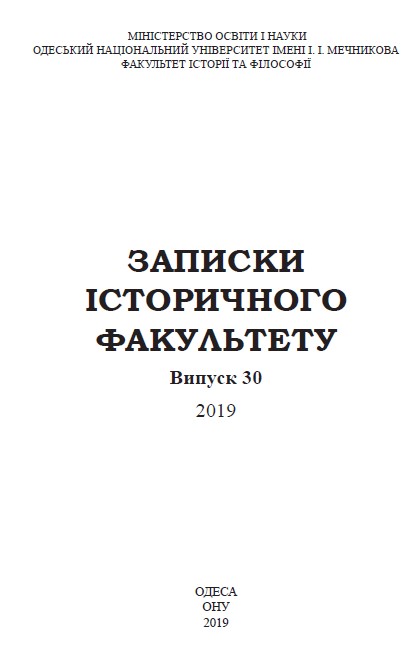EDUCATION AND PROPAGANDA IN ROMANIAN COMEDY SKETCHES. A CASE STUDY: TOMA CARAGIU
EDUCATION AND PROPAGANDA IN ROMANIAN COMEDY SKETCHES. A CASE STUDY: TOMA CARAGIU
Author(s): Cristina PreutuSubject(s): Cultural history, Media studies, Political history, History of Education, History of Communism, Sociology of Education
Published by: Видавництво «Одеський національний університет І. І. Мечникова»
Keywords: TV comedy sketches; Romanian Television; communism; Toma Caragiu; socialization;
Summary/Abstract: The media fulfill several functions in every political regime: information, education and the shaping of attitudes and perceptions. Television was perceived by the Romanian political regime as a means of educating the masses in the socialist spirit, as a form of socialization. In other words, the main objectives of the Romanian television concerned mainly the educational domain and not necessarily economic gains. Having this as a starting point, the article offers several keys for understanding TV humour in the communist period by analysing Toma Caragiu’s TV comedy sketches. We aim to identify examples of desirable and undesirable behaviour set from the top by the party ideologists. Portrayals of social and economic problems in this humorous form generated two phenomena: a feeling of social cohesion and a collective stress relief. Among the main sources for this study are documents from the Archive of the Romanian Television and the National Central Historical Archives.
Journal: Записки історичного факультету
- Issue Year: 2019
- Issue No: 30
- Page Range: 302-323
- Page Count: 22
- Language: English

